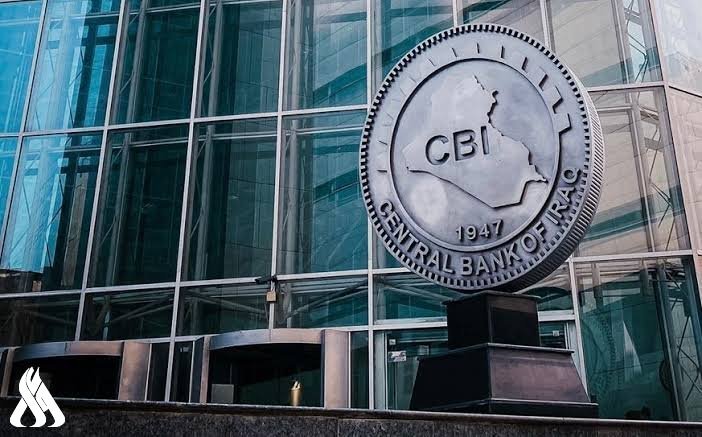
Germany seizes branches of the Russian "Rosneft" group

- 16-09-2022, 09:29
INA- sources
The German government has taken control of three refineries owned by Russian oil company Rosneft, the latest in a flurry of measures to deal with the energy crisis triggered by the invasion of Ukraine.
The move secures the future of PCK, a refinery owned by Rosneft in the north-eastern German town of Schwedt, whose future was threatened by a looming EU embargo on imports of Russian oil. PCK sits atop the “Druzhba” pipeline, which carries crude about 4,000km from central Russia directly to Schwedt. Authorities’ efforts to secure alternative supplies of oil for the refinery had been complicated by the fact that Rosneft is its majority owner, controlling 54 per cent of its shares.
A statement issued by the German economy ministry on Friday morning said the government was placing Rosneft Deutschland GmbH and RN Refining & Marketing GmbH under the trusteeship of the Bundesnetzagentur (BNA), the country’s federal energy regulator. That puts Rosneft’s stakes in three German refineries — PCK in Schwedt, MiRo in Karlsruhe and Bayernoil in the Bavarian town of Vohburg — under the BNA’s control. Rosneft accounts for about 12 per cent of Germany’s oil refining capacity, making it one of the largest oil processing companies in the country, the ministry said. The decision to seize control of Rosneft’s assets mirrored a move in April, when the government placed the German assets of Kremlin-controlled gas exporter Gazprom under the trusteeship of the BNA. The assets, which include Germany’s largest gas storage facility, Rehden, were owned by Gazprom Germania, which has since been renamed SEFE. The move on Rosneft is the latest in a string of measures by the German government to deal with the chaos caused by Russia’s war in Ukraine, which has driven European gas and electricity prices to record levels. Germany has accused the Kremlin of “weaponising” its energy exports to Europe by throttling the flow of gas through the Nord Stream 1 pipeline between Russia and Germany
source: FINANCIAL TIMES
White House: Talks with Iran were very positive and constructive
- International
- 09:40
US Embassy: Trade Mission of 60 Companies Visits Iraq
- politics
- 25/04/07
CBI unveils comprehensive reform plan to modernize banking sector
- Economy
- 25/04/07
Al-Sudani Meets Delegation from J.P. Morgan Bank
- politics
- 25/04/08












